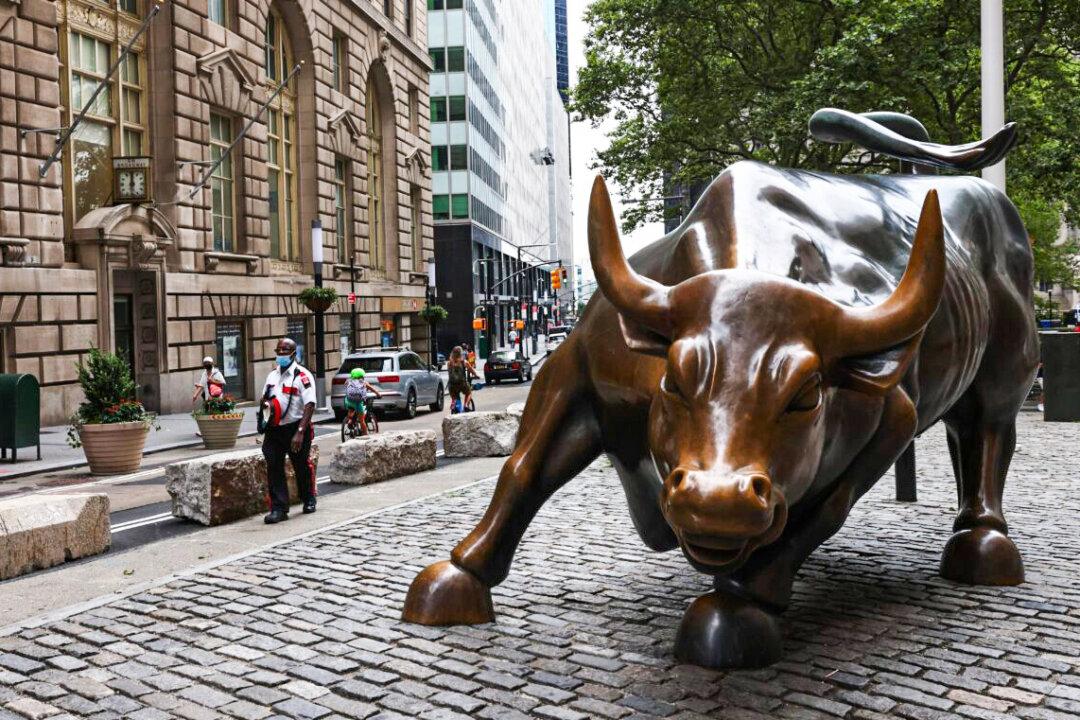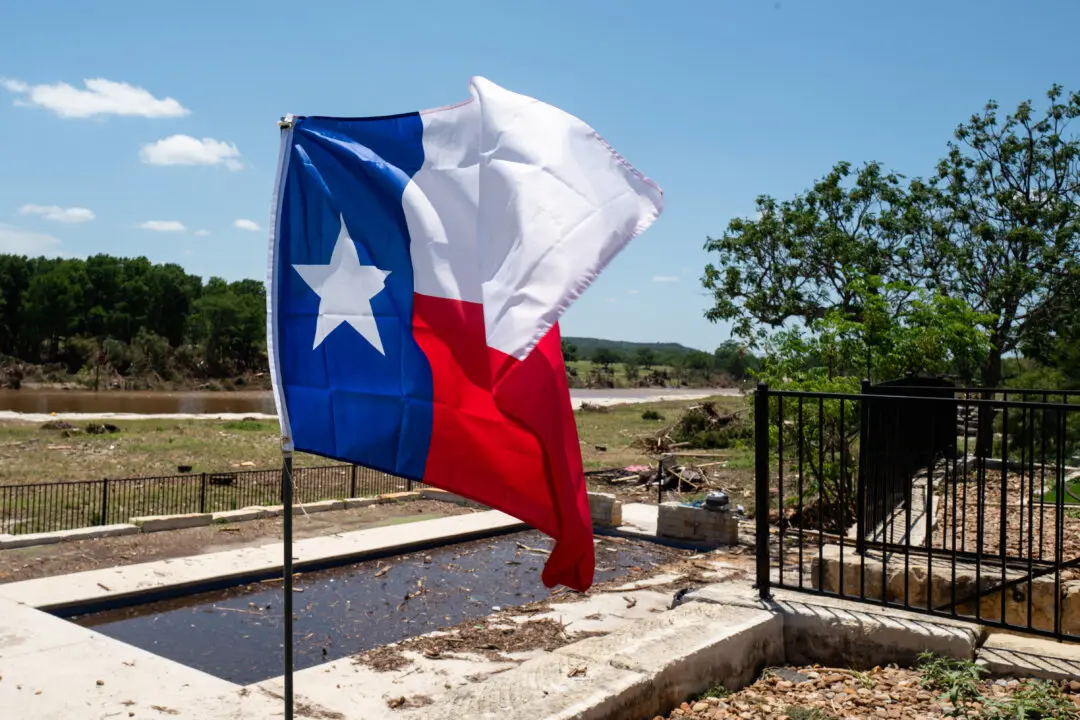In a Nov. 14 interview, Utah’s treasurer Marlo Oaks told The Epoch Times that environmental, social, and corporate governance (ESG) criteria are being used as a political tool, spurring a response from Utah and various other states worried about its consequences.
Oaks and a number of other Republican state treasurers had gathered for the national meeting of the State Financial Officers Foundation (SFOF), held at the Mayflower Hotel in Washington.





